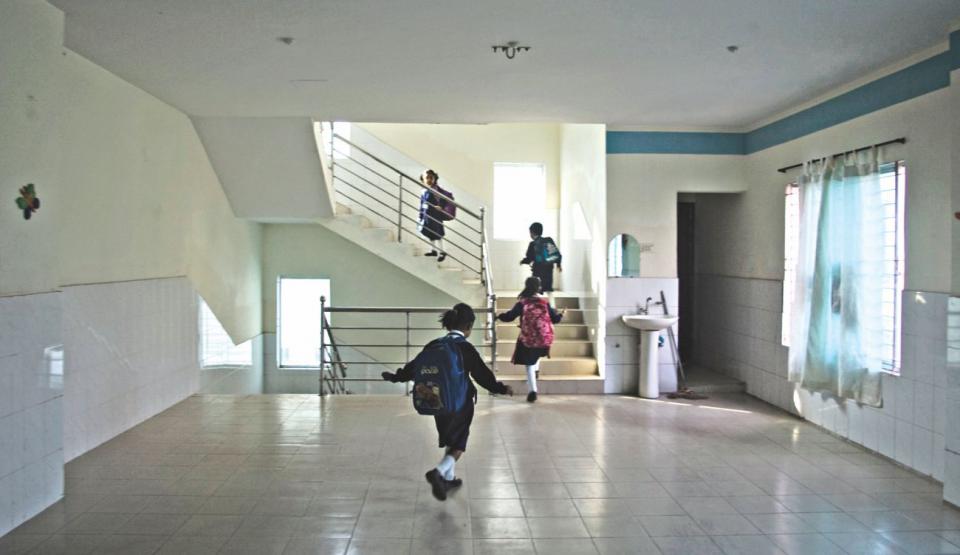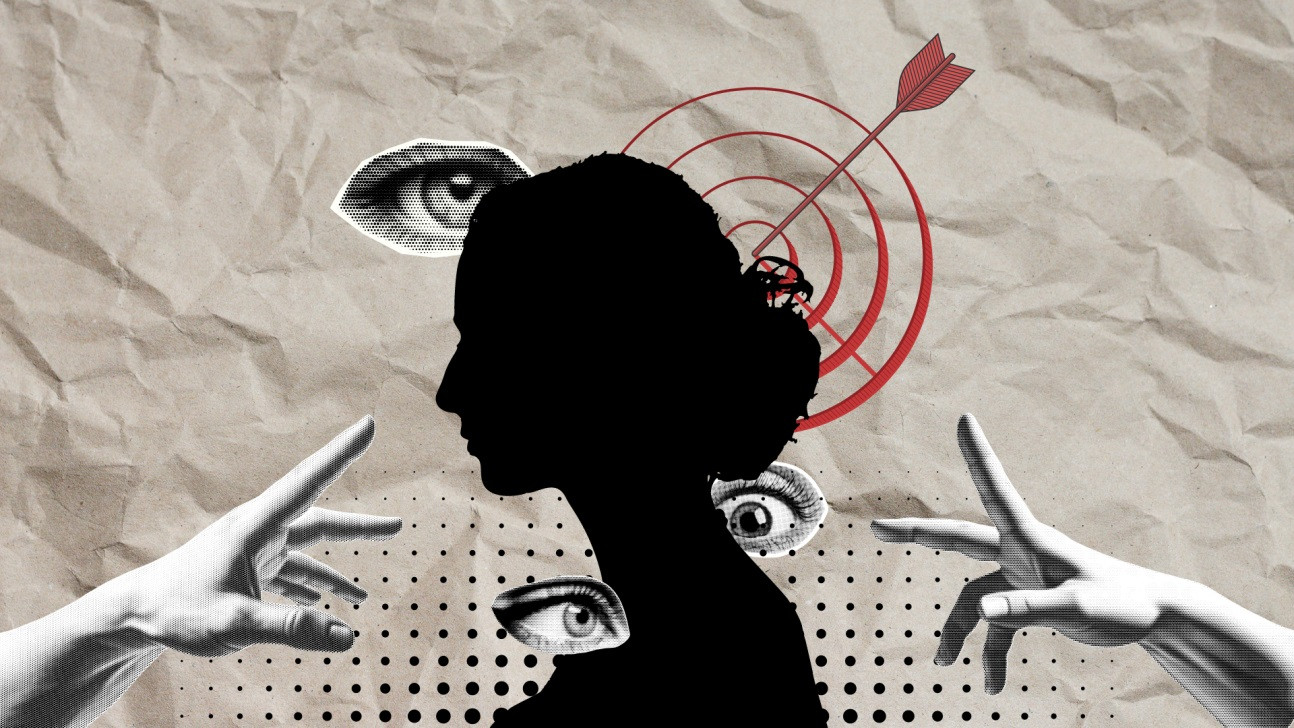Our schools must do more to stop bullying

As a child, I hated school. Despite being quite the nerd, I found no solace in education. I'd skip school frequently, because no power on earth could drag me to that hell where sadistic bullies made me their sacrificial lamb, one they figuratively skinned and knifed, while apathetic bystanders watched in silence.
It all started when my parents—Iranian Baha'i refugees—moved to Dhaka for the sake of their children's education, after having sowed tiny seeds of savings for a modest harvest during the 11 years they resided in Khulna. They managed to enrol me into an English medium school in the city in the mid-90s—a school for rich kids that didn't have a uniform for students. Given my family's financial constraints, I wore the same three frocks to school, while other girls wore fancy clothes, such as denim skirts, and their wardrobes appeared limitless. Because I was an unfashionable "outfit repeater," I became the subject of mockery, to the point where one day, someone decided to pull my frock's zipper all the way down. The whole class roared while my face burned with humiliation. Not one of those kids—there were over 30 in the class—was willing to help me, despite me begging them to zip me up as I was unable to reach the back of my dress. So I locked myself up in the veranda, feeling that my chosen solitary confinement was safer than that infernal classroom. When I was exhausted from bawling my eyes out and when the class teacher managed to convince me to open the door, I was sent to the office of the "CA Sir" (the school owner), who told me that the next time I caused trouble through disobedience, I'd be hung from his ceiling fan—upside down—and the fan would be switched on at full speed. So, not only was I bullied for being less privileged, I was also punished by my teacher and traumatised by the highest-ranking authority of the school.
My parents didn't allow me to go back to that school and put me in a different one, where students were inundated with group projects. There, the teachers allowed students to form their own groups and my classmates would voice strong objections when requested to include me. Therefore, I'd be asked to complete the tasks individually. Since "two heads are better than one," despite my best efforts I couldn't get the highest scores—something my parents and I never cared about, but being an outcast had prolonged impact on my mental health.
I was ostracised for a few reasons, one of them being my religious beliefs. During the weekly Islamiyat class, I'd go to the library and study a Baha'i text, thanks to the then Canadian principal, who believed in inclusivity and thus permitted it. Word got around and a parent must've told their child that if I was Iranian yet non-Muslim, I must be a fire-worshipper—a common misconception about Zoroastrians, the believers of an ancient Persian religion. Despite not being an adherent of this faith, the rumour spread, and I was made to look like a member of a cult and subjected to verbal, psychological and physical abuse, right under my teachers' noses, who chose to turn a blind eye to it all. Furthermore, my curly hair was deemed ugly, unruly, and witchy, the kind of hair that everyone could only imagine on a lunatic, making my appearances another excuse for othering me as a pariah.
Without going into details about how I was bullied as an adult, it's pretty obvious that victims suffer because they're different in some way, and the reasons are always things they have no control over, e.g. race, colour, ethnicity, religion, physical features, socioeconomic status, cognitive/physical abilities, etc. How do we deal with this curse that plagues our society and affects children—to the extent that some are driven to take their own lives?
Inclusion of awareness campaigns in schools is important yet lacking, but is it enough to impart empathy to children who are prone to becoming bullies—either due to their insecurities, or because they're brought up in environments where aggression/control/humiliation is normalised, or on account of their desire for dominance/attention? I believe instilling "the miracle drug of humanity"—as Jon Gorman defines empathy—can be achieved through secular value education classes from a tender age, where trained professionals can help saplings grow morally upright through the use of inspiring stories, cooperative games, civic engagement, etc.
Only someone who lacks insight will say that ethics should be taught at home. What if a child doesn't have the ideal home environment? This is why schools need to step up. Academic/material education can shape one's external qualities, much like a beautiful yet unlit lamp, but it's the inner values that truly allow one to shine. When qualities like empathy are learnt, non-bullies will also stop playing complacent roles as NPCs (non-player characters), because they'll be able to put themselves in victims' shoes.
Finally, teachers and authority figures should view their roles as more than a means of livelihood; they must protect victims of bullying and take measures against perpetrators. While teachers may not be paid enough, safeguarding the defenceless should never need to be incentivised by material rewards.
Noora Shamsi Bahar is senior lecturer at the Department of English and Modern Languages, North South University (NSU), and a published researcher and translator.
Views expressed in this article are the author's own.
Follow The Daily Star Opinion on Facebook for the latest opinions, commentaries and analyses by experts and professionals. To contribute your article or letter to The Daily Star Opinion, see our guidelines for submission.




 For all latest news, follow The Daily Star's Google News channel.
For all latest news, follow The Daily Star's Google News channel. 

Comments